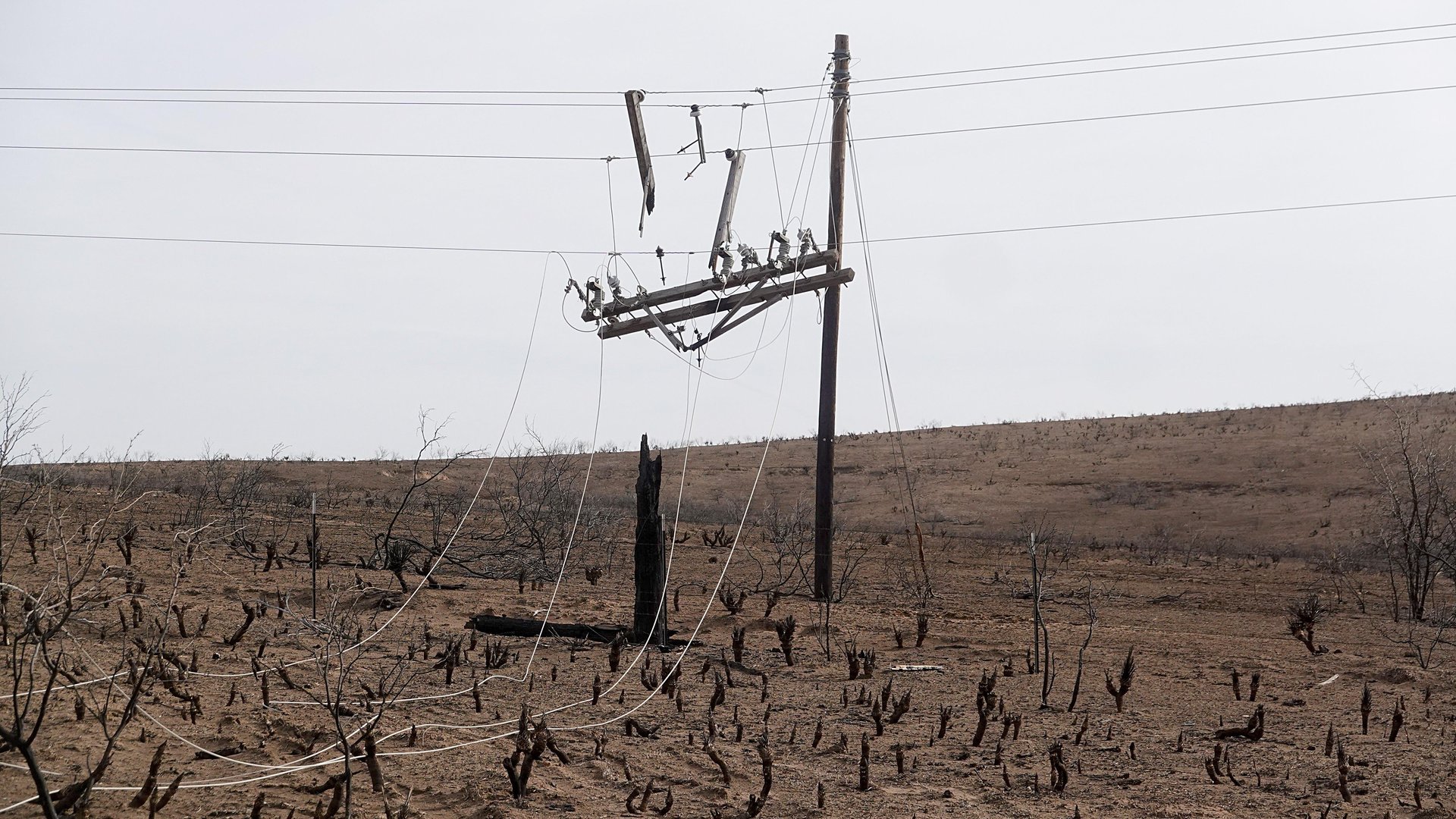The government ordered utilities to make a 20-year plan to climate-proof the grid
New rules are coming from the Federal Energy Regulatory Commission

As the planet continues to warm and humans continue wracking their brains for solutions, the Federal Energy Regulatory Commission wants to make sure the lights stay on while that happens. The agency announced a new rule Monday that will require transmission providers to come up with a 20-year plan to address growing strain on the electric grid nationwide.
Suggested Reading
“We need to seize this moment,” FERC Chairman Willie Phillips said in a statement. “Over the last dozen years, FERC has worked on five after-action reports on lessons learned from extreme weather events that caused outages that cost hundreds of lives and millions of dollars. We must get beyond these after-action reports and start planning to maintain a reliable grid that powers our entire way of life. The grid cannot wait. Our communities cannot wait. Our nation cannot wait.”
Related Content
As climate change has warped weather patterns around the country, new demands have placed strains on the electricity transmission infrastructure. Transmission firm ISO New England said earlier this year that the region might need to spend $1 billion a year through 2050 to upgrade its grid to better handle rising electricity demand. There’s been a political effort to better connect Texas’s famously independent grid to the rest of the country after increasingly destructive winter storms and heat waves have strained that state’s electricity infrastructure.
And that’s before getting to the additional strain that data centers and artificial intelligence trainings are adding to the mix.
“Our country is facing an unprecedented surge in demand for affordable electricity while confronting extreme weather threats to the reliability of our grid and trying to stay one step ahead of the massive technological changes we are seeing in our society,” Phillips said. “Our nation needs a new foundation to get badly needed new transmission planned, paid for and built. With this new rule, that starts today.”